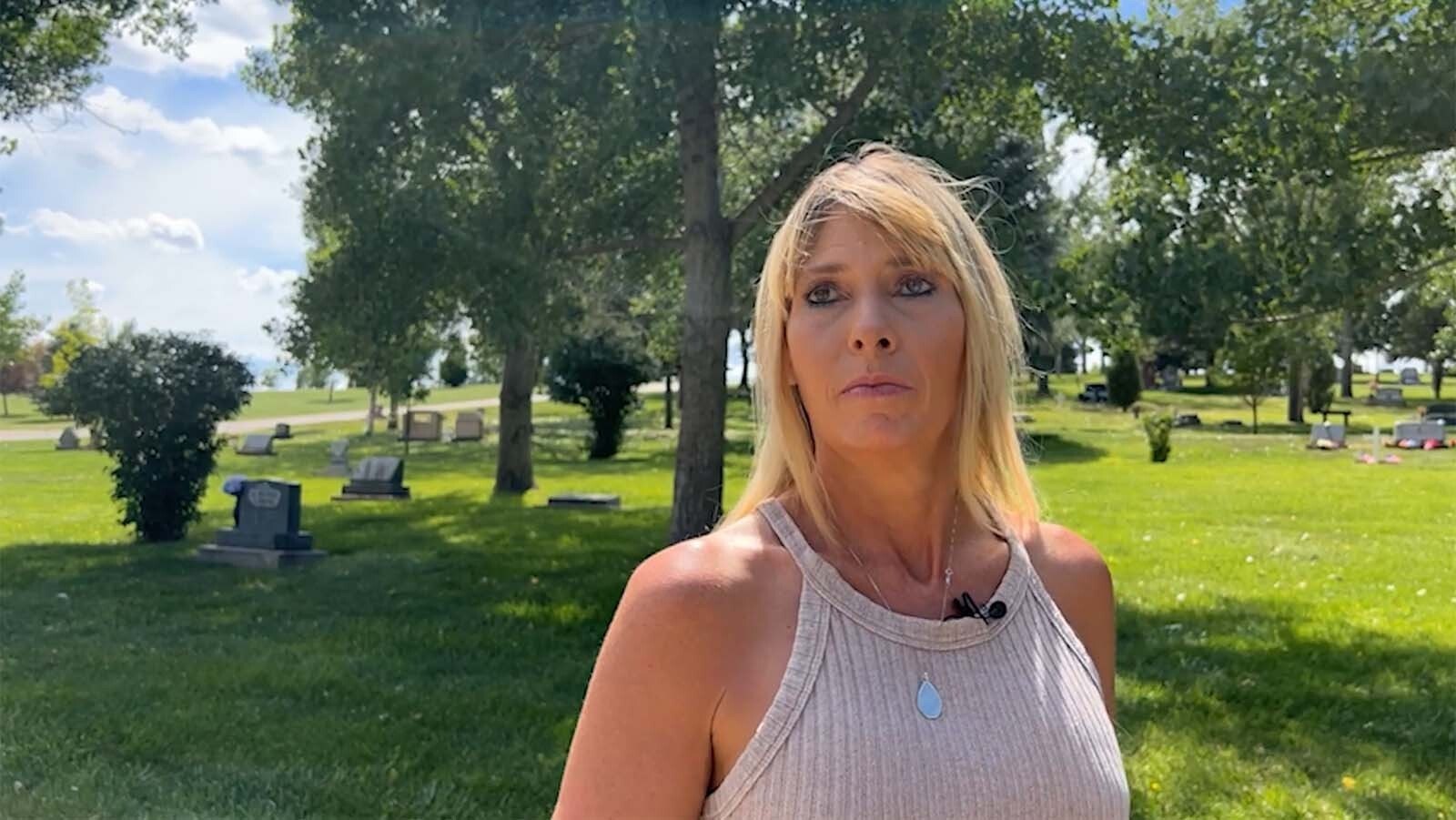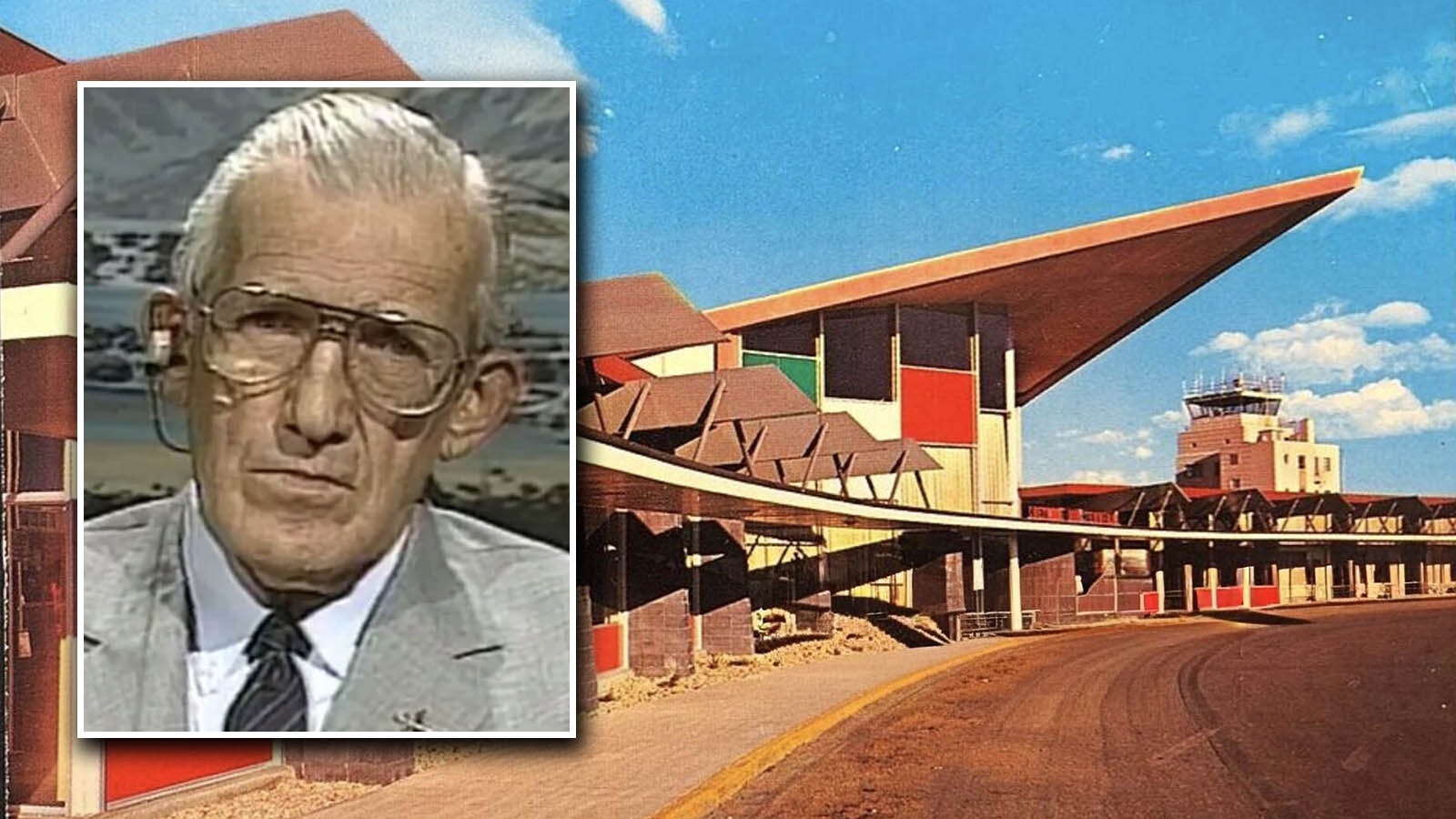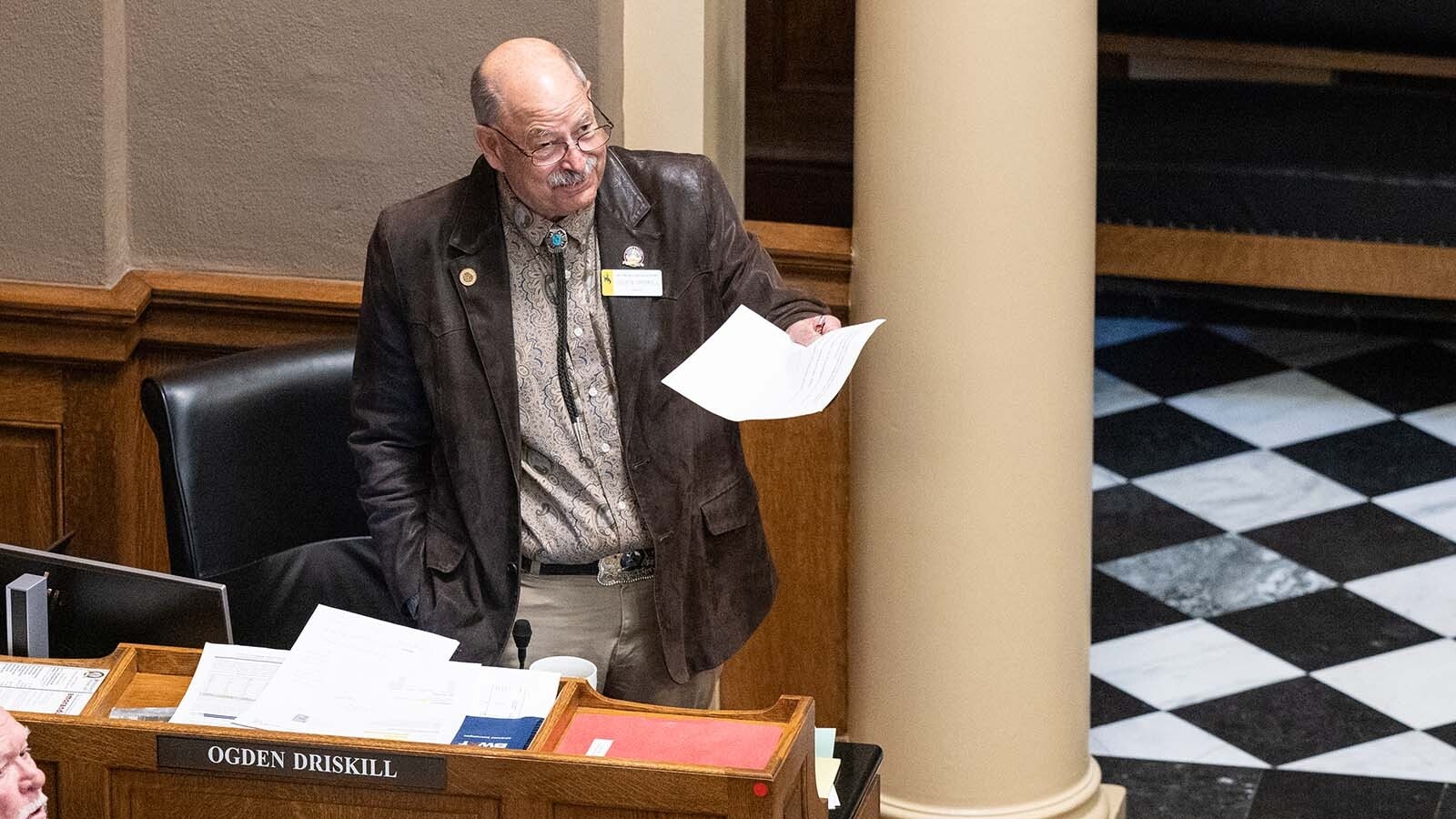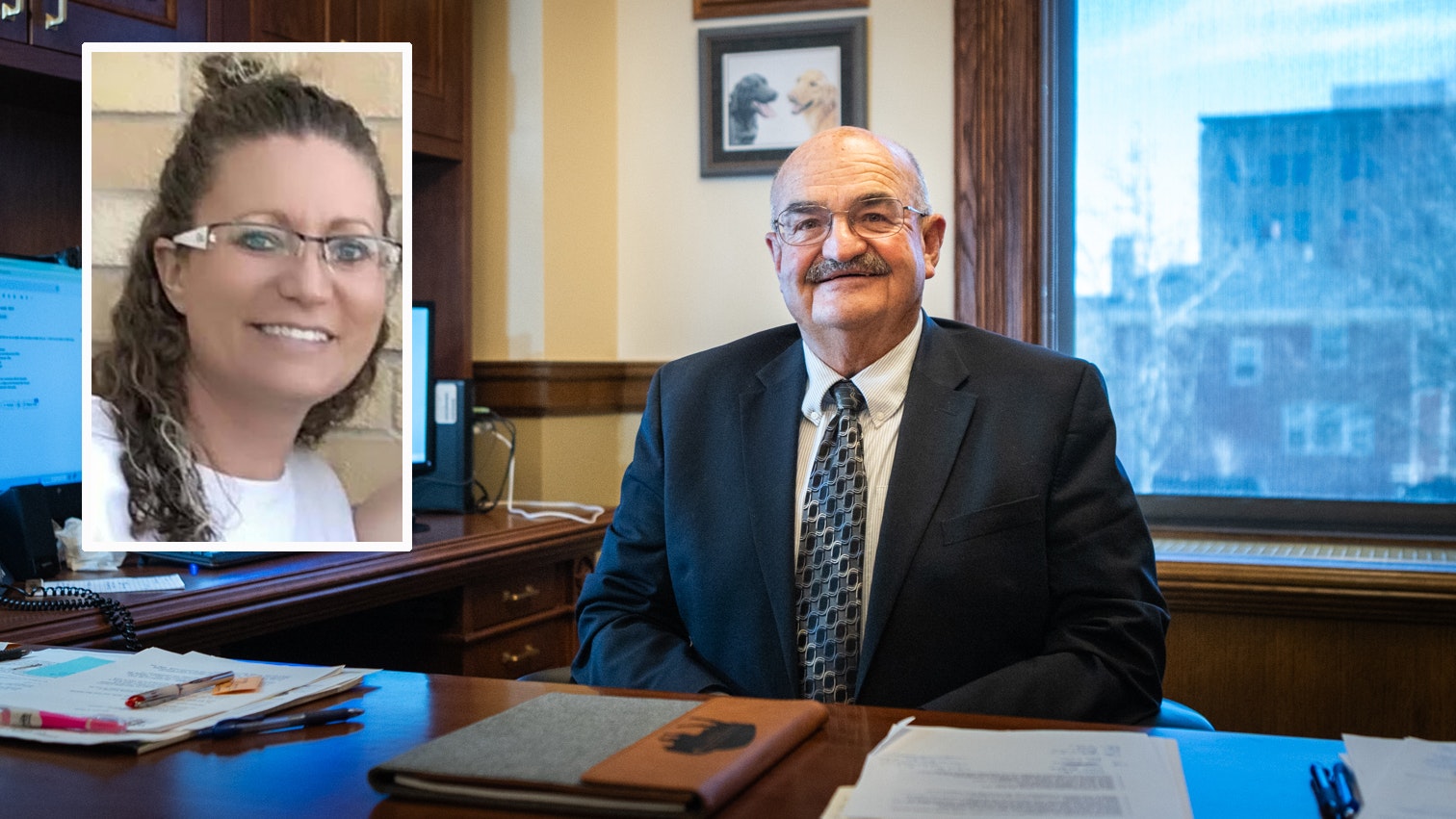Brooke Schmill spent two months in Wyoming last year listening to stories about how suicide has impacted people in what’s perennially been a state with one of the highest per capita suicide rates.
Her conversations led her to a mayor, a coroner, a sheriff, local volunteers, suicide survivors and people who have lost children to suicide.
Schmill’s now sharing those stories with the world in her 30-minute documentary “Turning Point,” which she is premiering in a statewide tour around this week.
One of the people interviewed was Trish Simonson, a mental health advocate and Gillette city council member who lost her son to suicide in 2015.
“She is a phenomenal young lady and probably one of the kindest people I have ever met,” Simonson said of Schmill. “Her passion for this issue is amazing and she is completely humble of her amazing accomplishments.”
Personal Connection
Suicide is an issue that affects Schmill, a Casper native, on a deeply intimate level, as she lost a friend to suicide in 2006 shortly after her mother died from cancer. A few years later, more of her friends took their own lives.
“I was so young learning about death for the first time,” she said.
In 2012, Schmill released her first film documenting Wyoming’s high suicide rate.
One of the main purposes of her new documentary is to show how little progress has been made in Wyoming on the issue since her first film came out. Wyoming still has one of the highest suicide rates in the nation, an issue few people say they believe has been resolved to any substantial degree.
Schmill addresses the lack of movement with a montage in the movie showing a series of news stories from 2011-2023 with extremely similar headlines discussing mental health funding and the problem of suicide in Wyoming. During that span, thousands of pages have been written on the topic through the Wyoming Department of Health.
During the COVID-19 pandemic in 2020 and 2021, Wyoming’s suicide numbers spiked, causing many people to reach out Schmill to do a new documentary about the problem.
“It had been 10 years and nothing had changed, and I thought because I had so many unique conversations with people over the years about this issue, I am passionate about sharing their stories and having conversation about it is so important,” Schmill said.
Schmill said public frustration about the suicide issue in Wyoming remains high, but few have any hope that real change can ever be made. She said mental health should be made just as much a priority as building roads and addressing other community needs.
“As an everyday citizen, I feel like the messaging from the state is very confusing and there’s no clear answer about how to get help,” she said. “To be frank, I feel like it’s not a priority.”

Opening The Communication
Schmill said one of the easiest solutions to addressing the suicide problem is to draw more public awareness to the resources that are available for those with depression and/or considering suicide in Wyoming.
One of the state’s largest victories for addressing suicide prevention came in 2022, when a 988 Suicide and Crisis Lifeline went full-time in Wyoming. This resource provides callers with 24-7 free access to in-state counselors.
Schmill said people need to treat suicide care as they would any other personal health problem or pursuit they are passionate about. In a state like Wyoming’s rugged, independent identity, many people in rural settings can be reticent to having tough conversations about suicide.
She said the best way to address these issues is head on, even if it can be painful. Expecting someone to “just get over it” or “just deal with it,” Schmill said, actually makes suicidal ideations worse and people feel that they shouldn’t reach out for help.
“I personally really support speaking with a stranger because they have no judgment about your life and no agenda for how to get you help and just listen to your situation and create a clear plan for you to live a happy life,” Schmill said. “They will give you hope for how to get through these issues.”
During the film, Schmill also interviewed Elk Sage, an Ethete man who provides spiritual healing rides on horses to help combat suicide and substance abuse with youth on the Wind River Indian Reservation. Sage explains in the movie that people need two things in life, hope and something to look forward to.
“That was sort of a big theme to my film,” Schmill said.
After showing her movie in Rock Springs, Casper and Gillette, Schmill will continue her tour in Lander on Wednesday and Jackson on Saturday.
Last week, she received phone calls about two people who took their own lives in Wyoming.
“It just kind of hits home,” she said. “Yes, I’m on my film tour, but there is a really serious, awful, tragic reason that I’m doing this.”
If you or someone you know is having suicidal thoughts, you can call or text the Suicide and Crisis Lifeline at 988.

Leo Wolfson can be reached at leo@cowboystatedaily.com.





